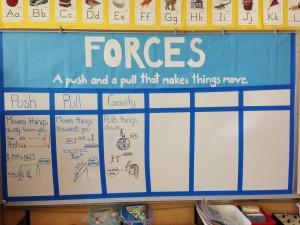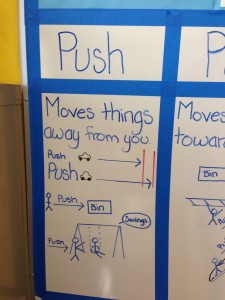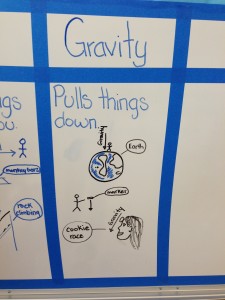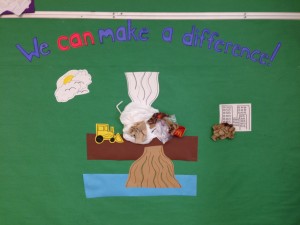Teacher Growth Through Inquiry
In my inquiry course at UBC I completed my own inquiry project. The inquiry subject that I investigated was “How can teachers use students’ first language to develop cognitive academic language proficiency in English.” In this inquiry I researched best practices in supporting ELL students, particularly the use of a student’s first language.
In addition to learning about how to best support ELL students I also learned the power on motivation learning. I was passionate about this subject and this passion influenced the amount of time and energy I spent on this project. I learned that giving students choice in what they spend their time learning about is a powerful tool. I intend to develop my understanding of best practices in framing inquiry projects for students across all elementary grade levels.
If you would like to learn more about my inquiry project, please visit my blog – Inquiry Blog
Putting Inquiry Into Motion
During my extended practicum I designed inquiry based units and lessons to inspire the minds of the students. One of the inquiry units we did was Forces and Motion. We started every lesson with a problem solving activity that pertained to the force that we were learning. One activity that we all really enjoyed was the cookie race. Students had to move a cookie from their foreheads into their mouths without touching it with their hands. Before this lesson students had learned that force is a “push and a pull that makes things move.” So what was making these cookies move?………gravity!
Social Responsibility: We Can Make a Difference!
In this unit students discovered the consequences of landfills and came up with some solutions. From their solutions we did an inquiry into whether we could send garbage to the moon. This inquiry led to the discovery that there is even a garbage problem in space from rocket ships and broken down satellites. To solve the garbage problem here on Earth, students implemented an organics and recycling bin into the classroom. This organics bin led to the creation of a worm compost and questions about worms. This inquiry unit was lead by the students as they continued to ask questions and crave answers. The questions, discovery and students’ intrinsic motivation seemed to increase as the unit progressed. At times it became difficult to find time to investigate and honor all of the students’ questions. To support students and honor their questions we created a Curious Corner where students wrote their answers, I used these questions to inform the direction of the unit, condense some of their questions and to provide a quiet activity for students to do during free time.




